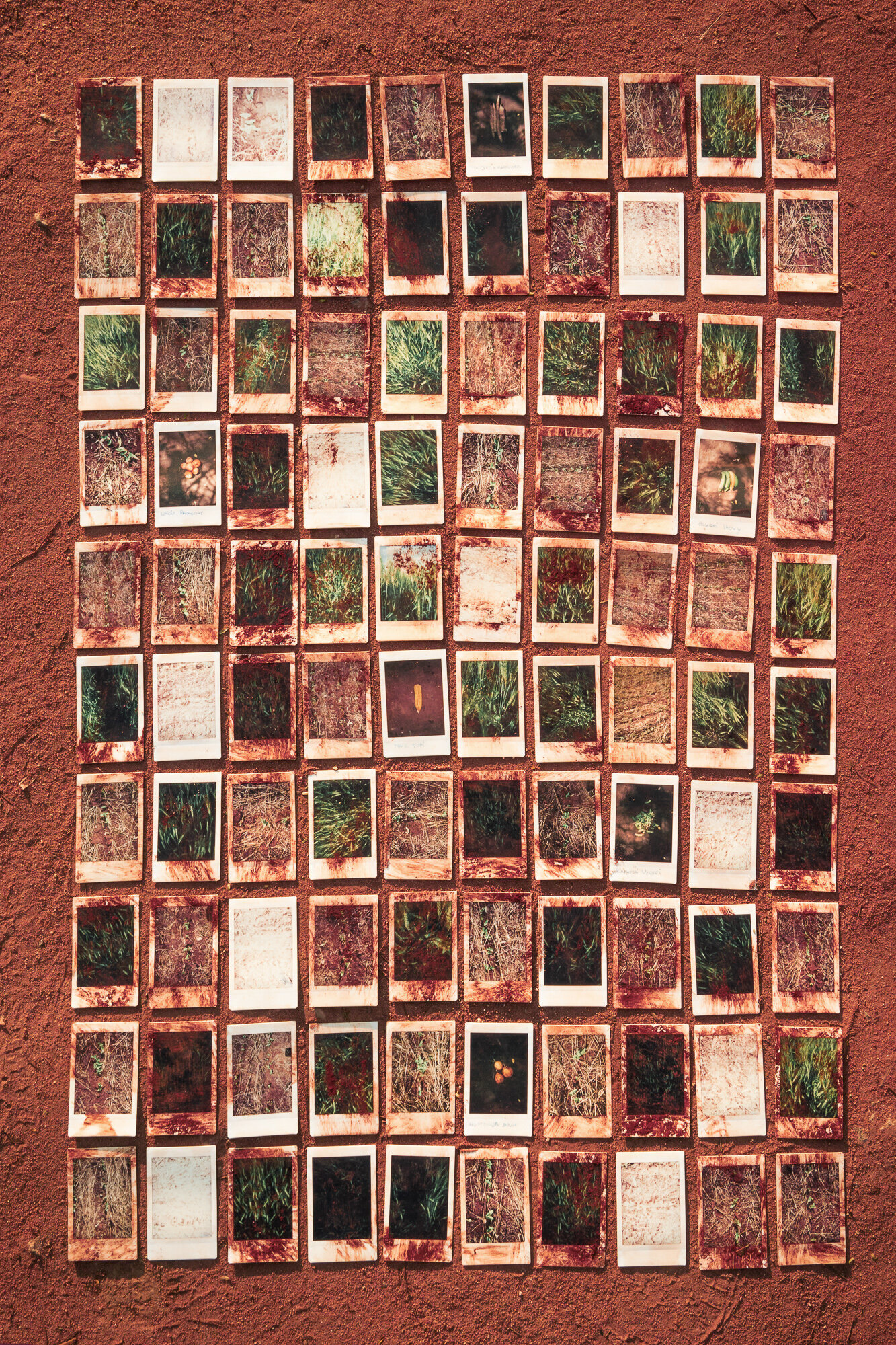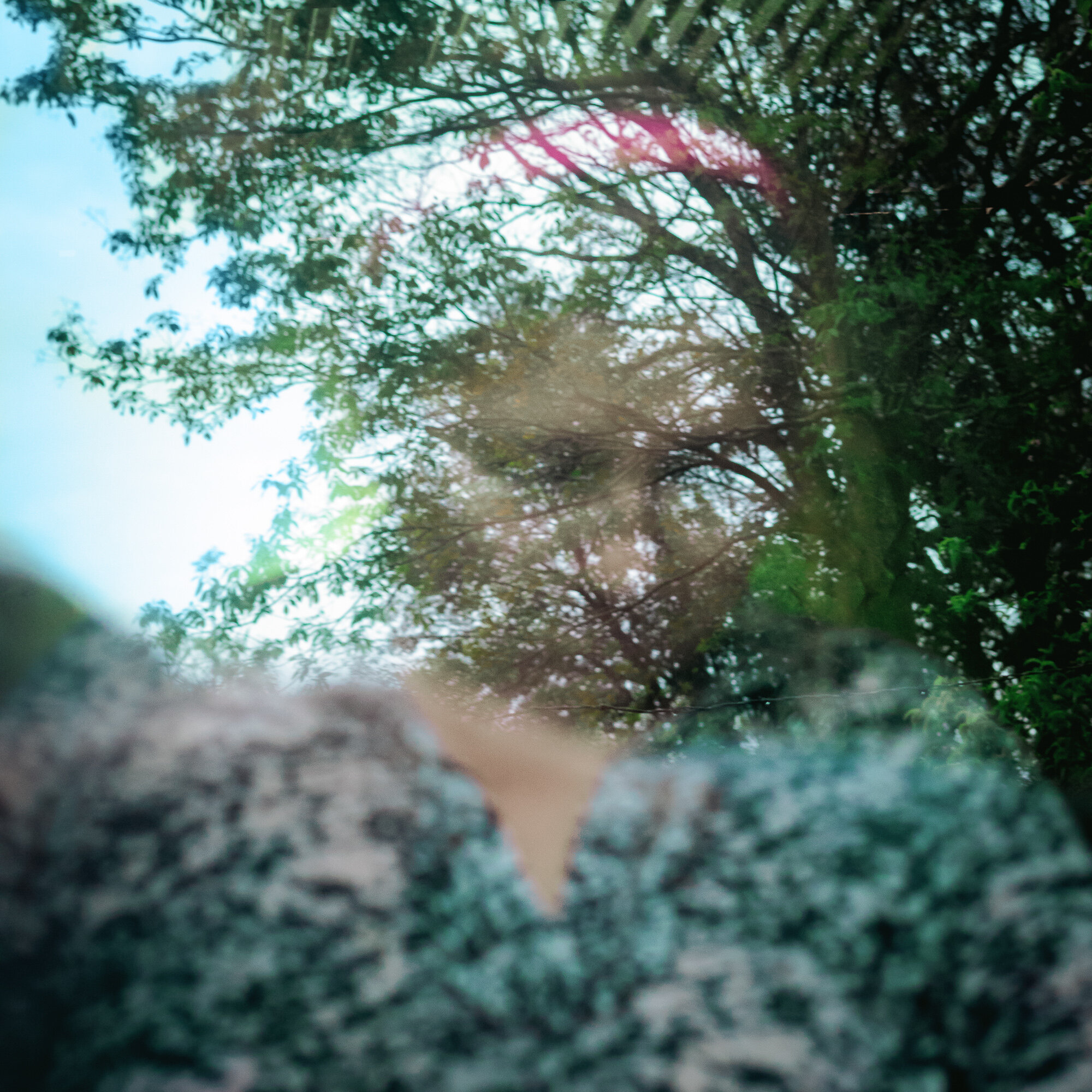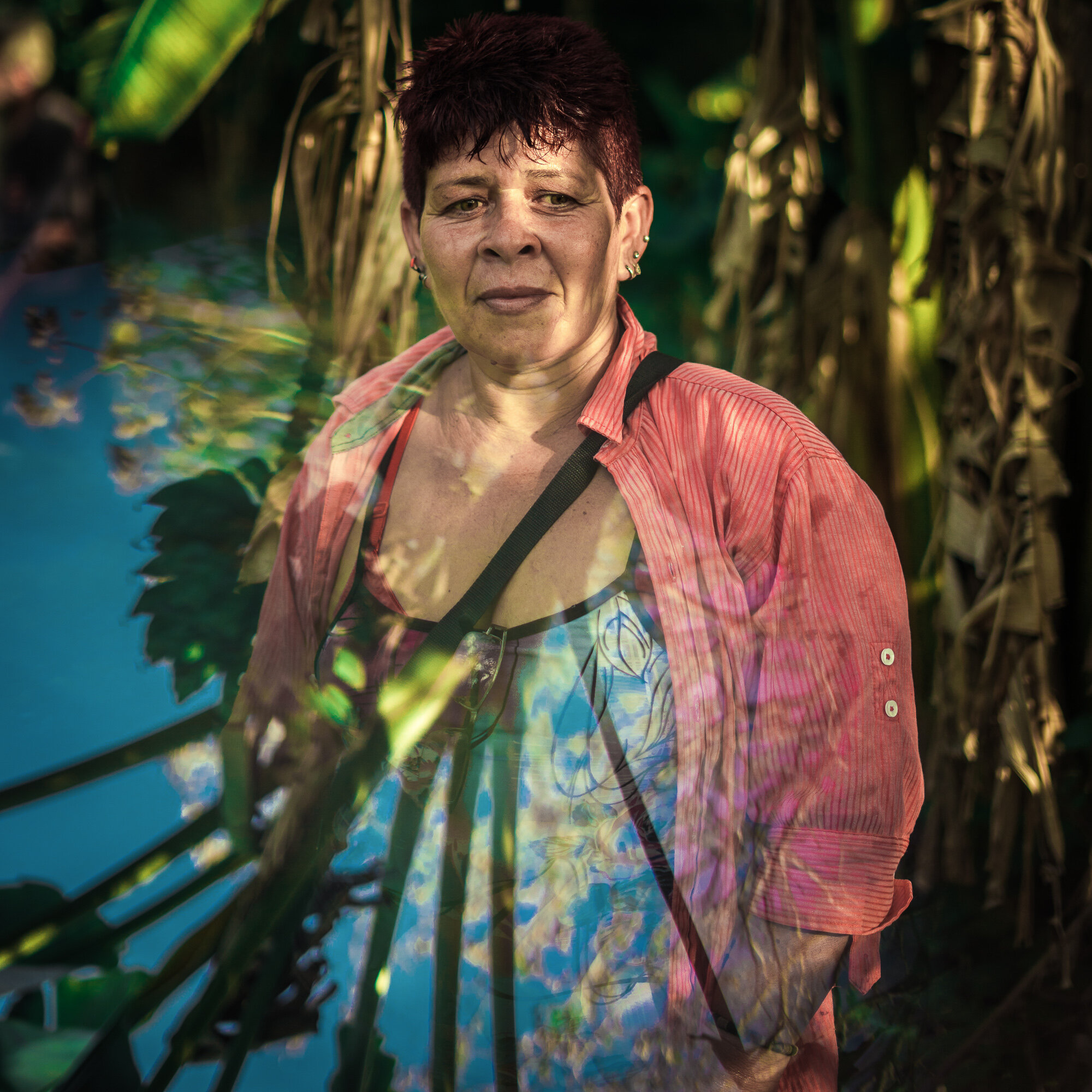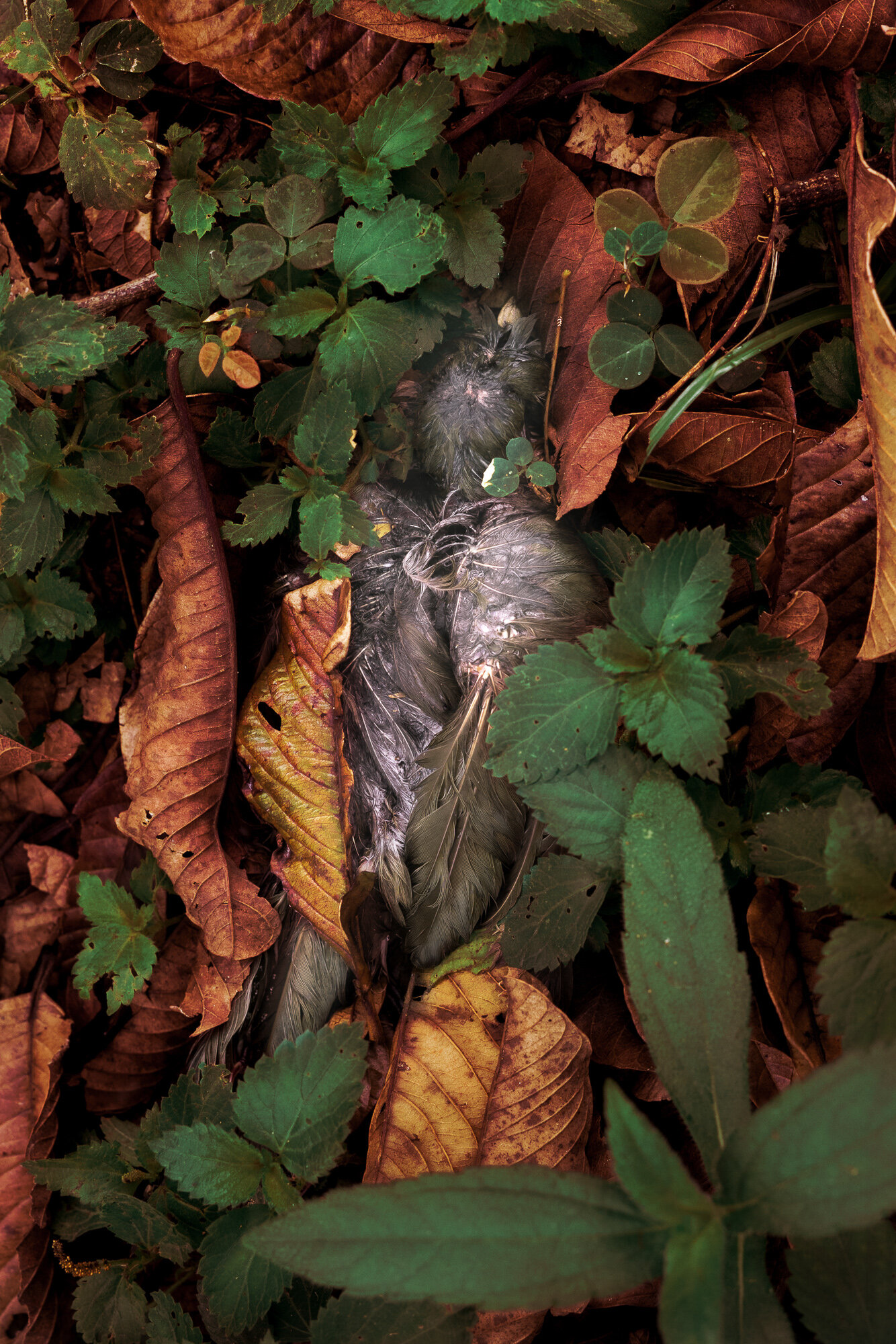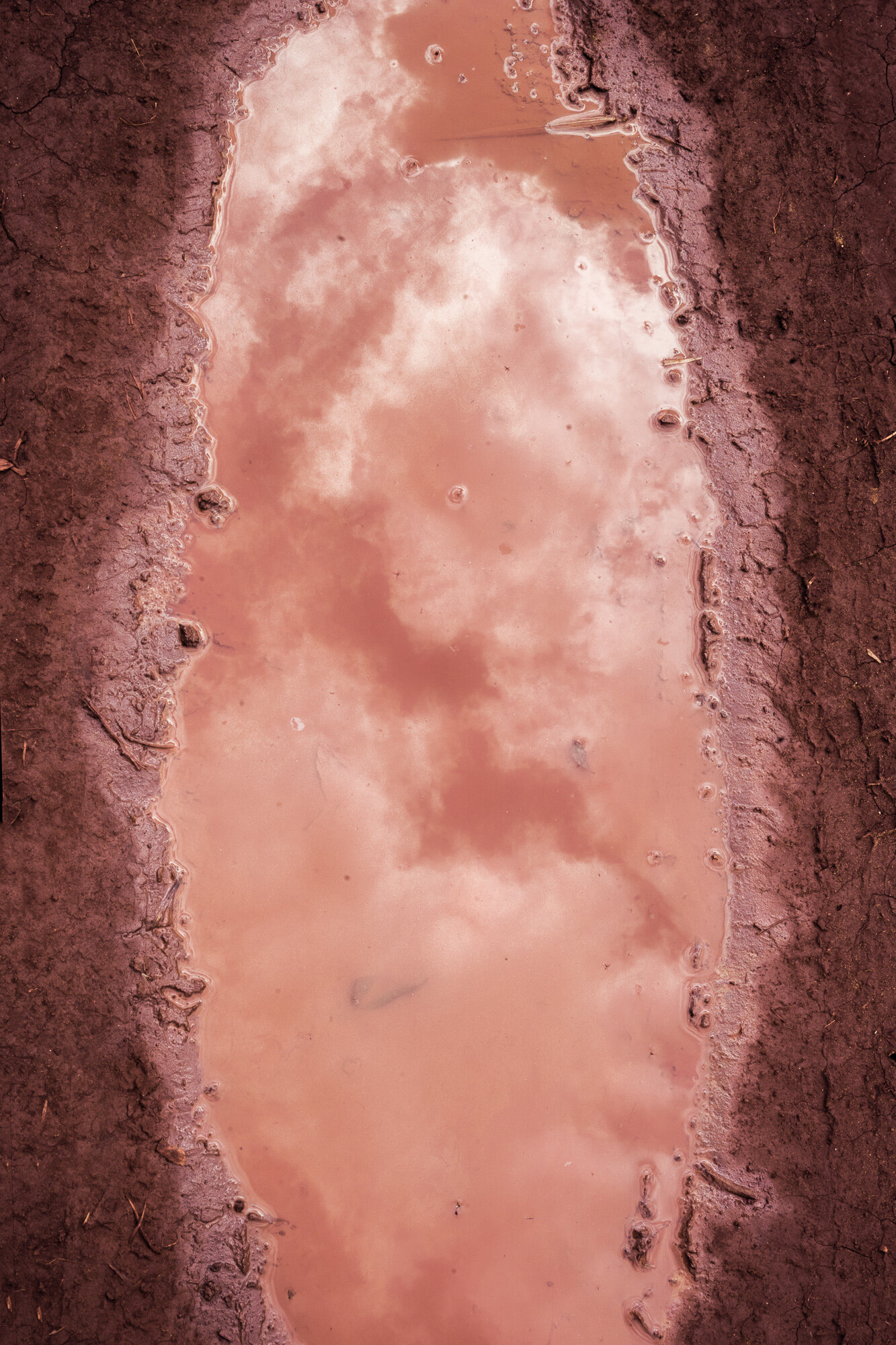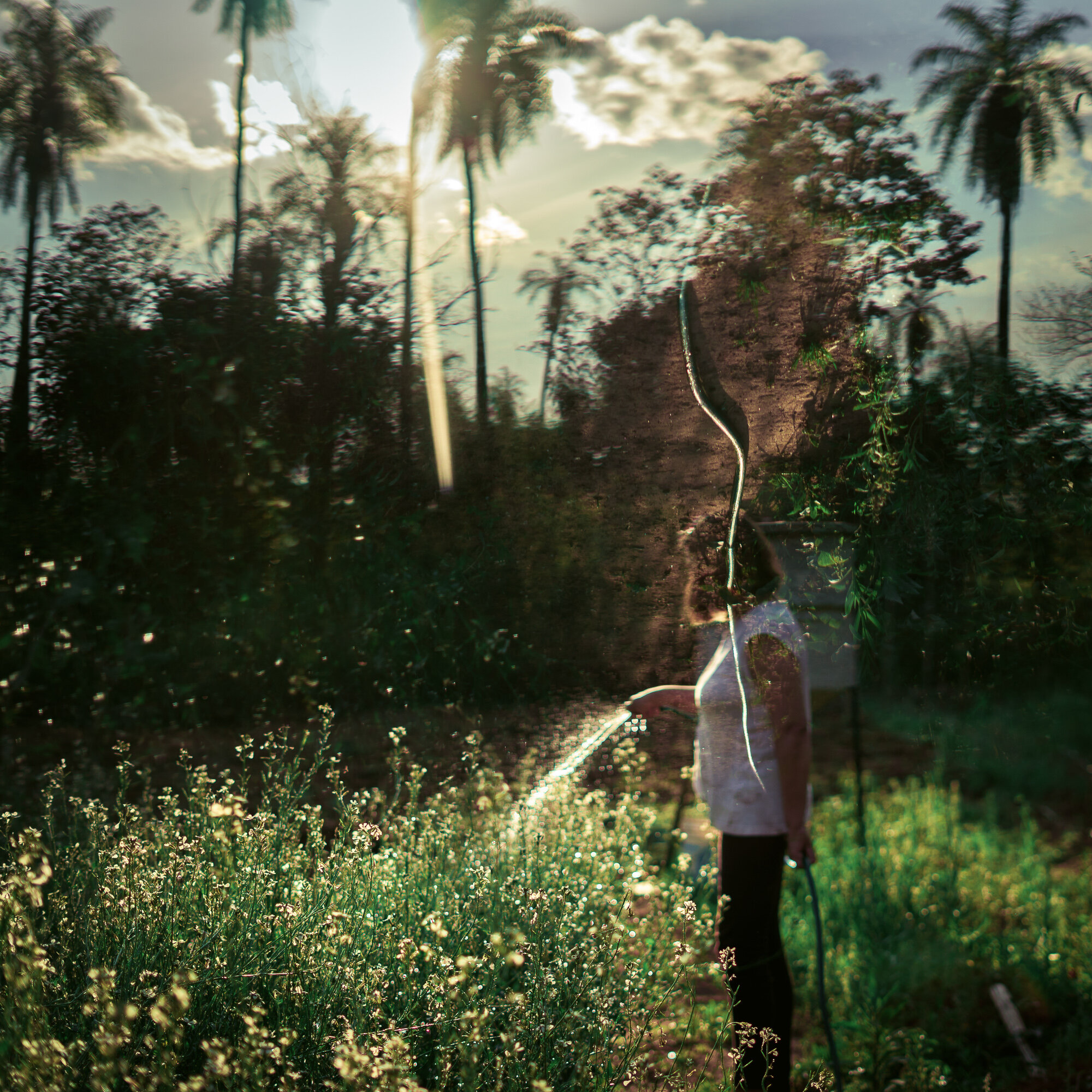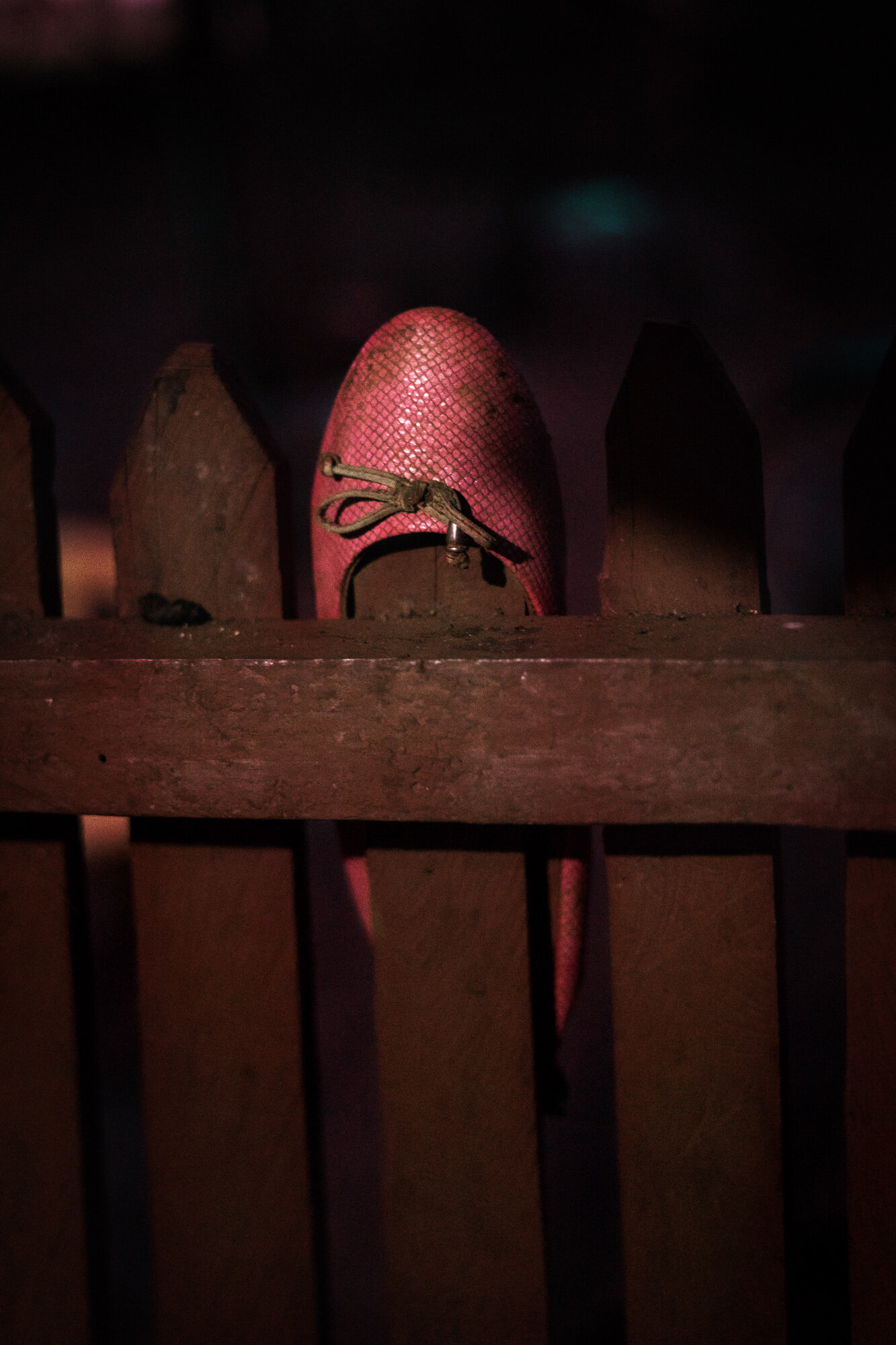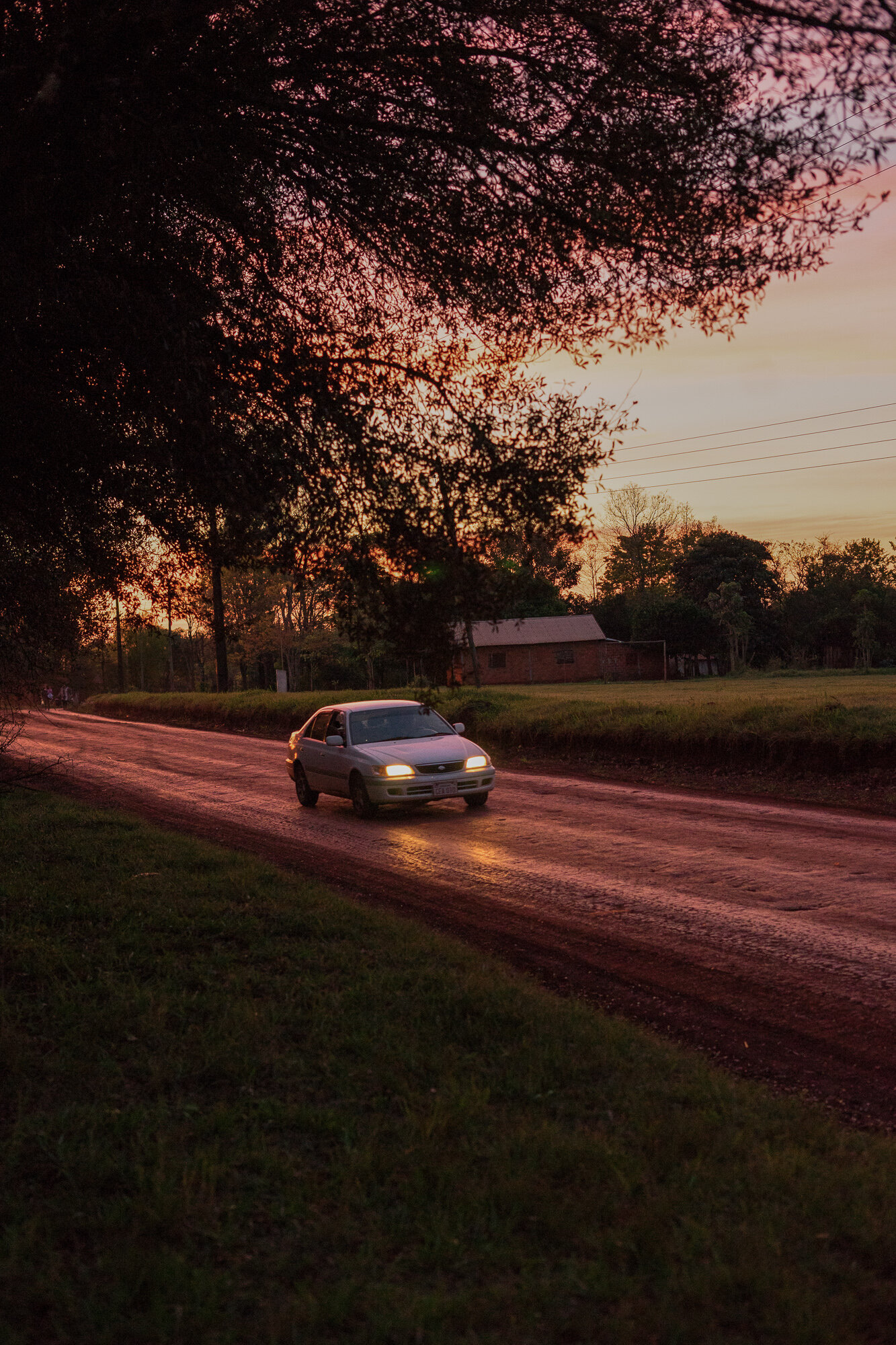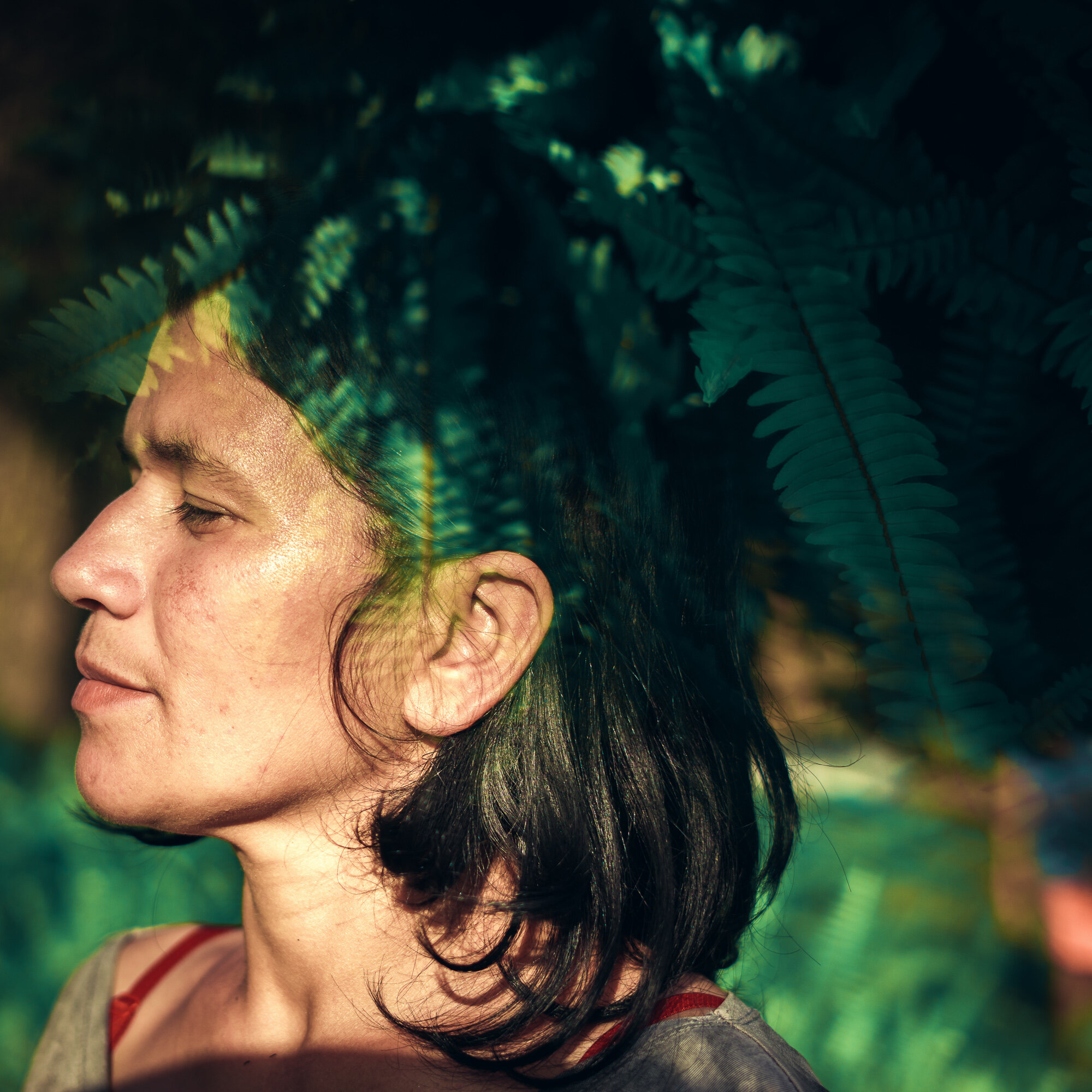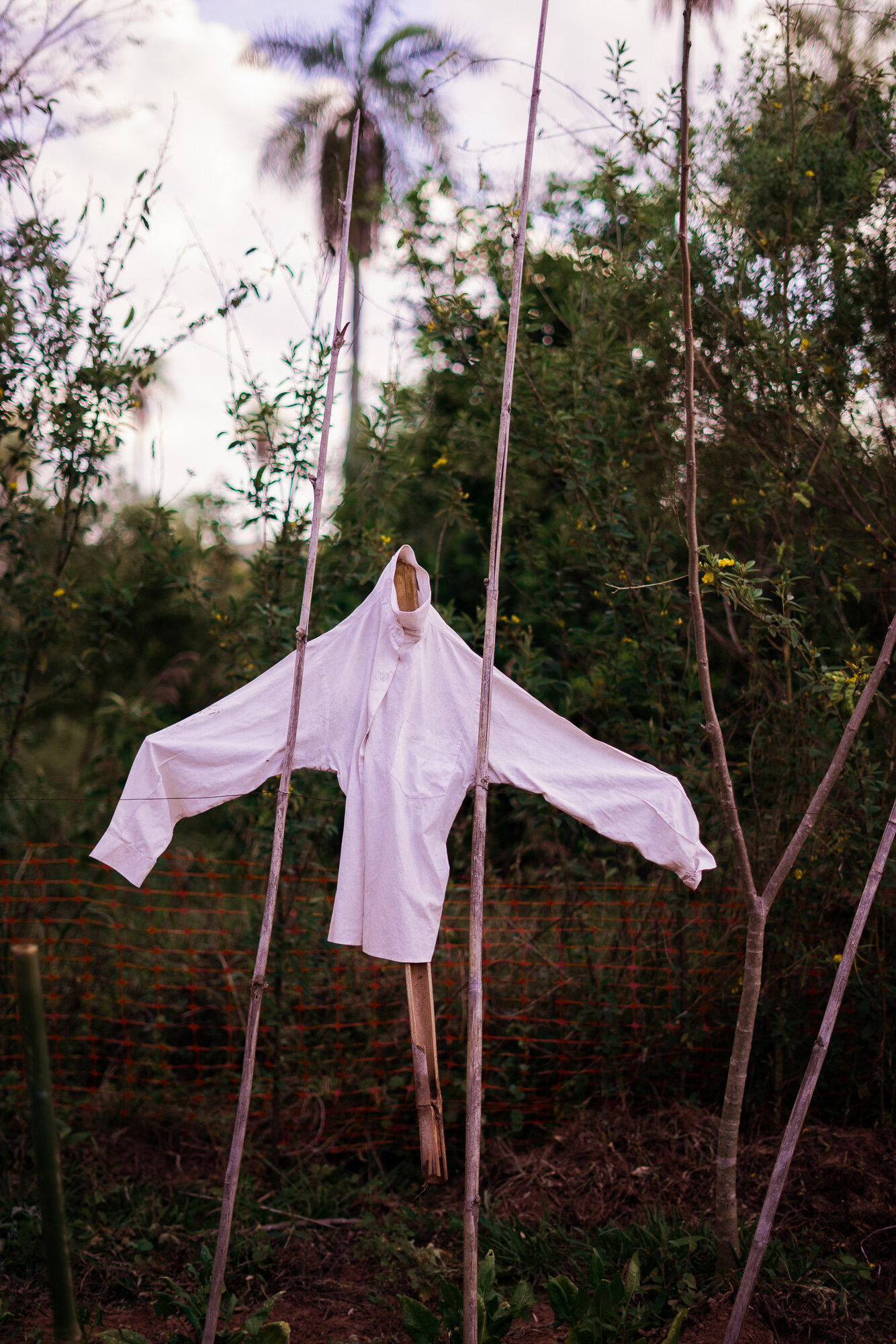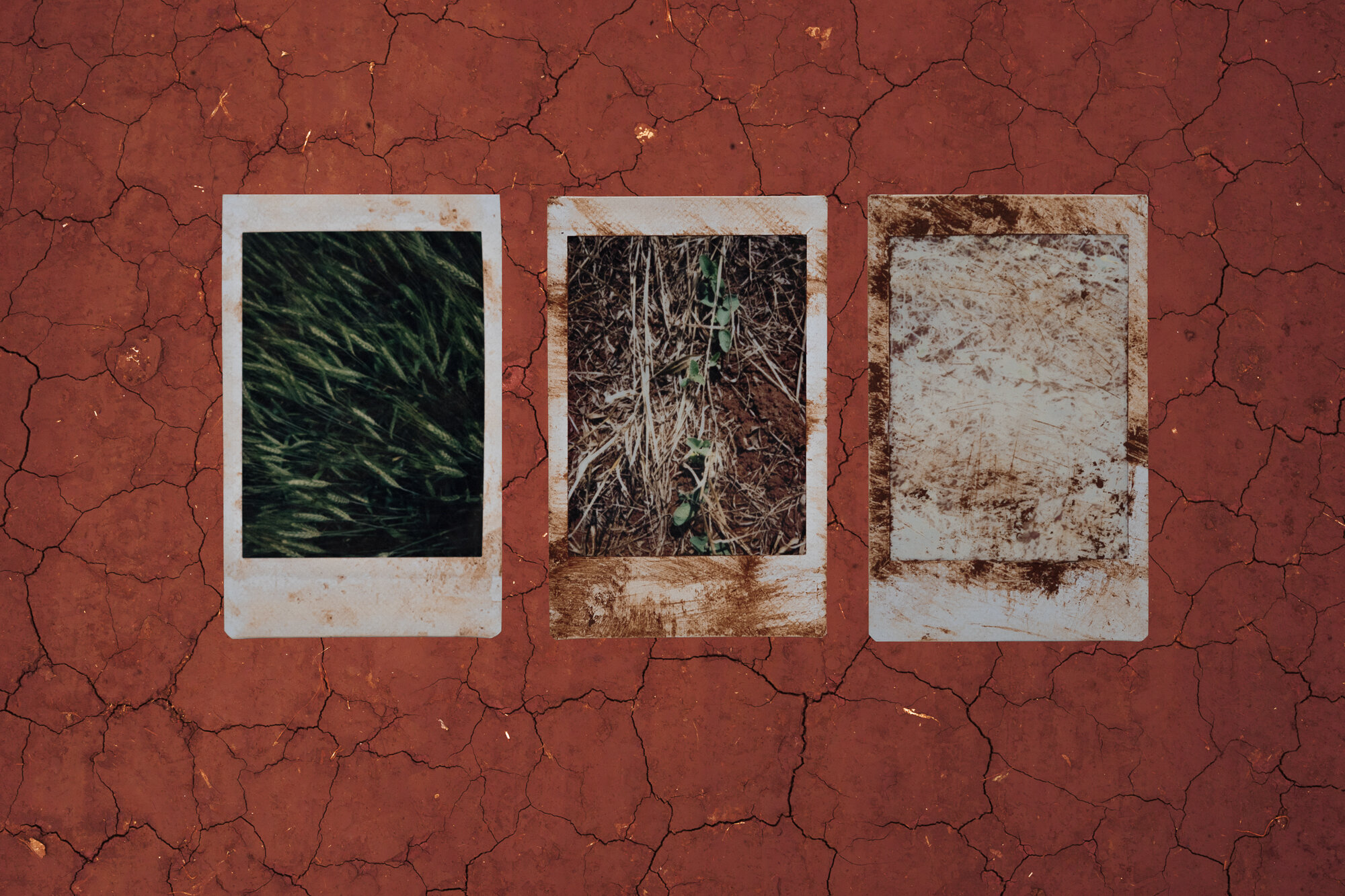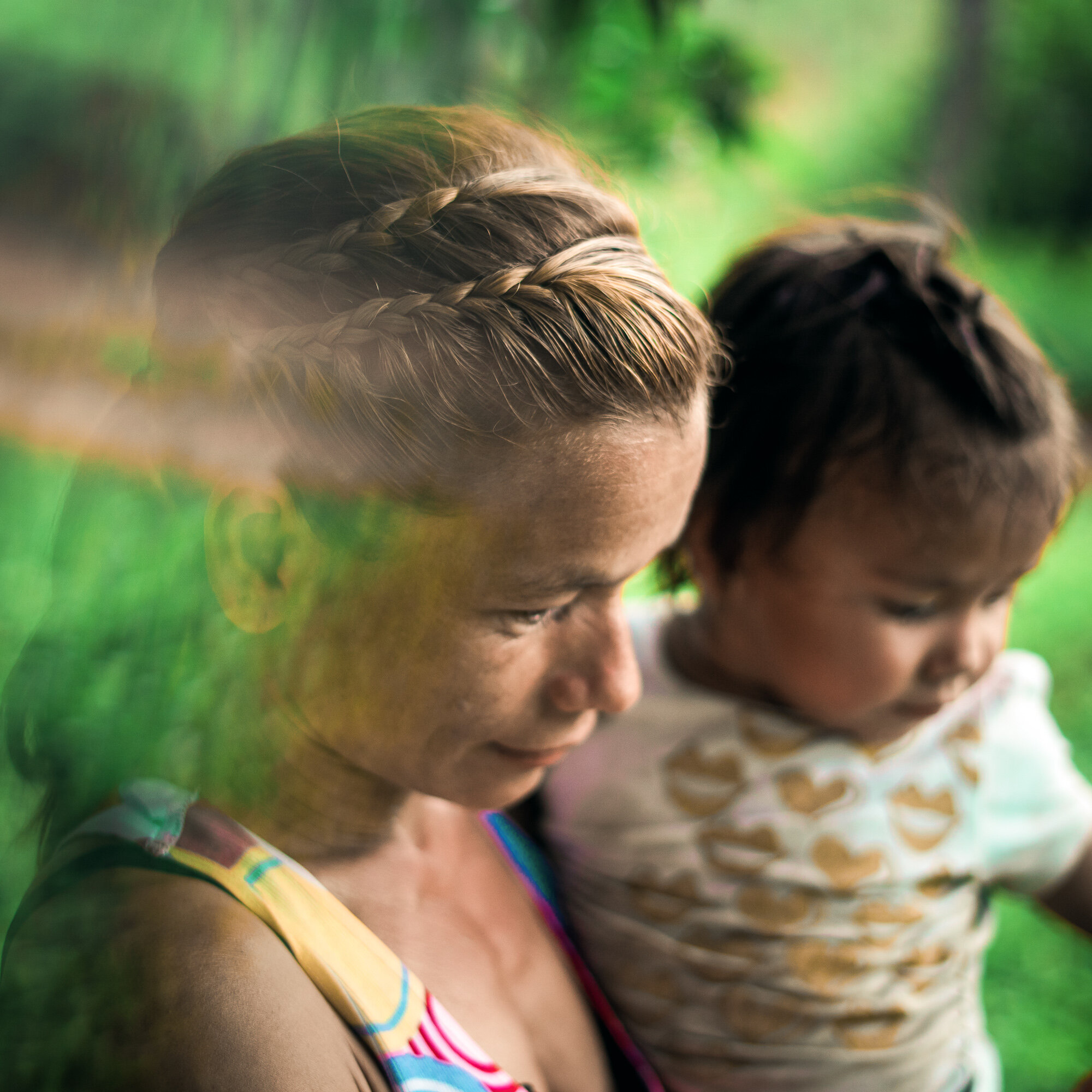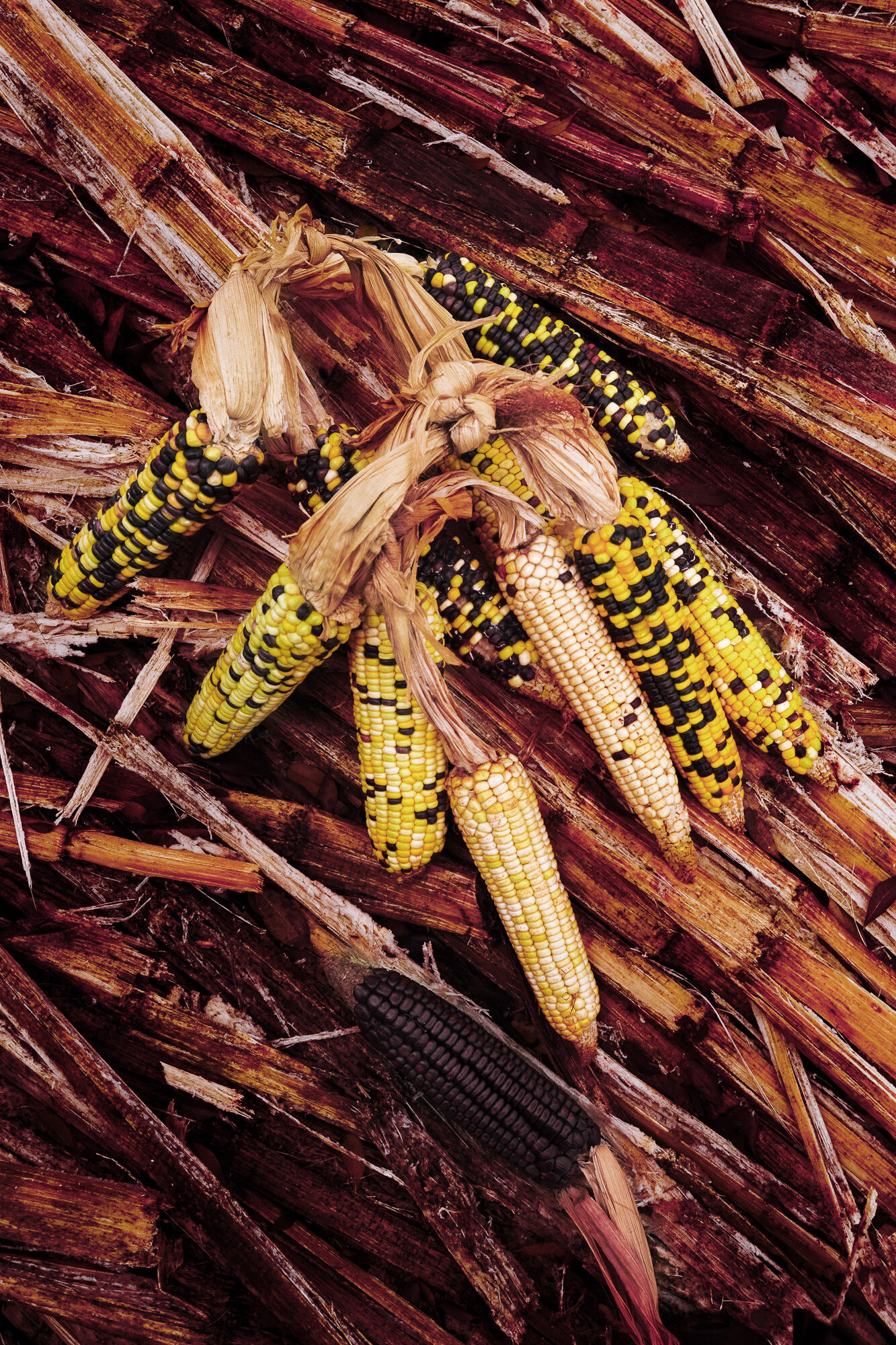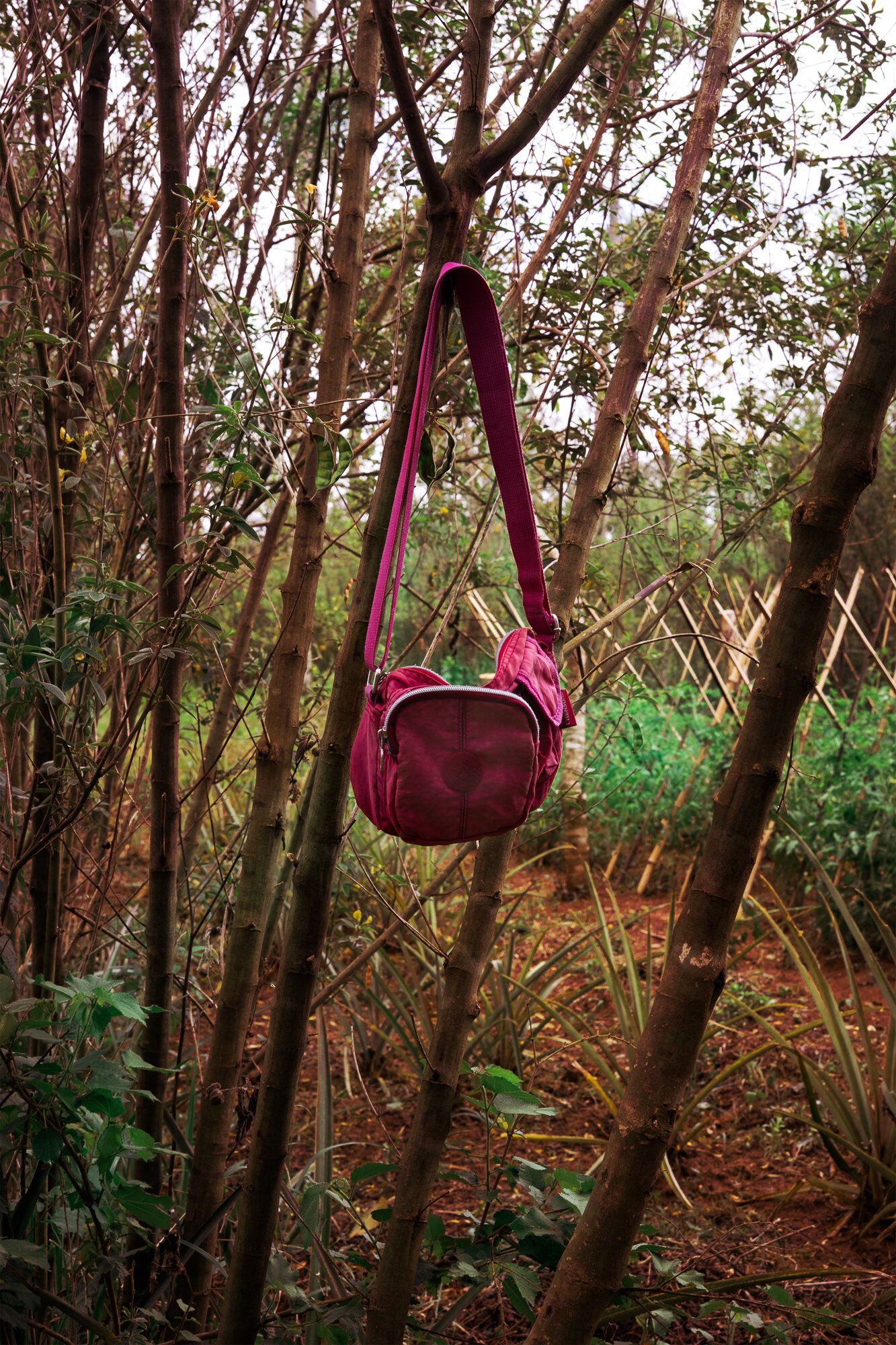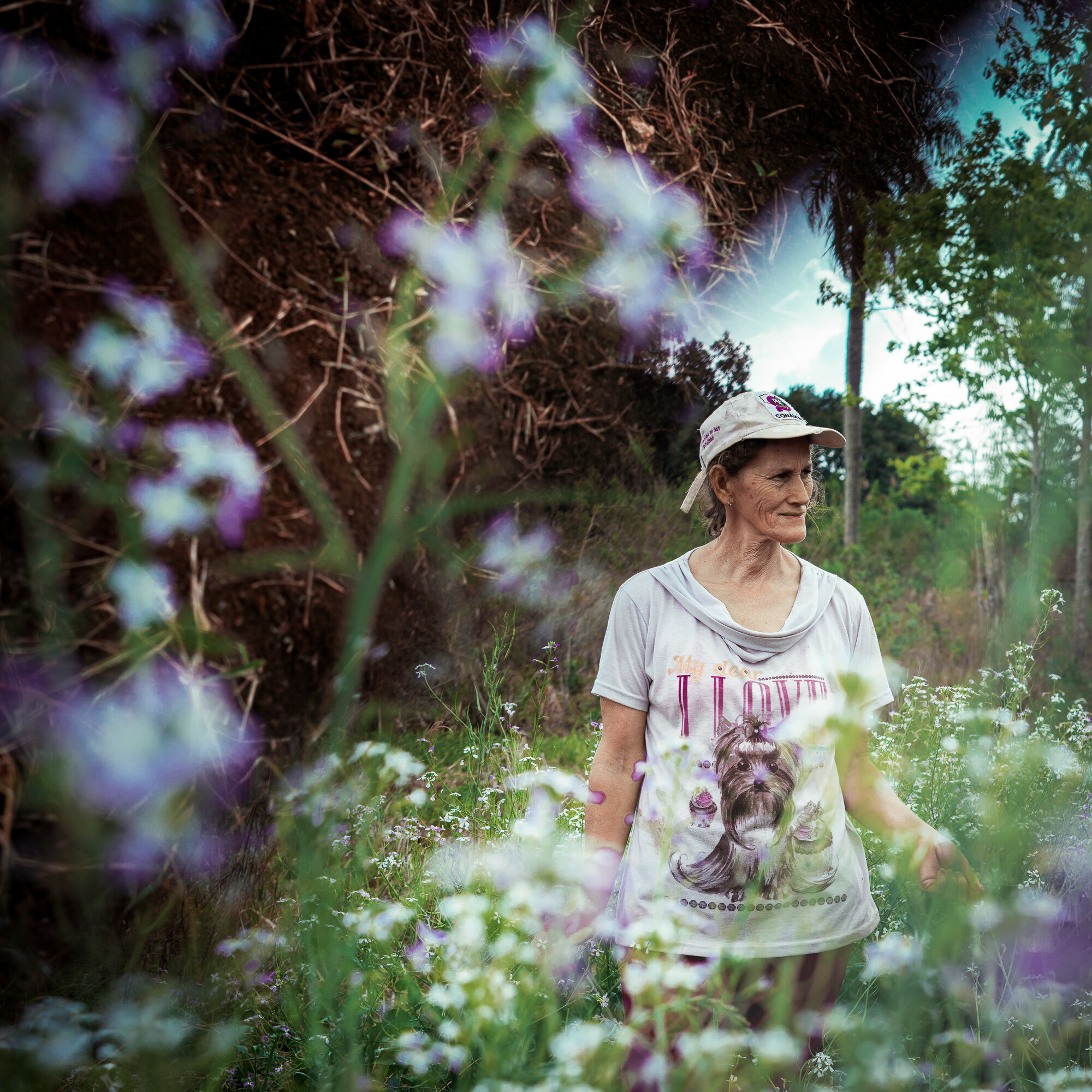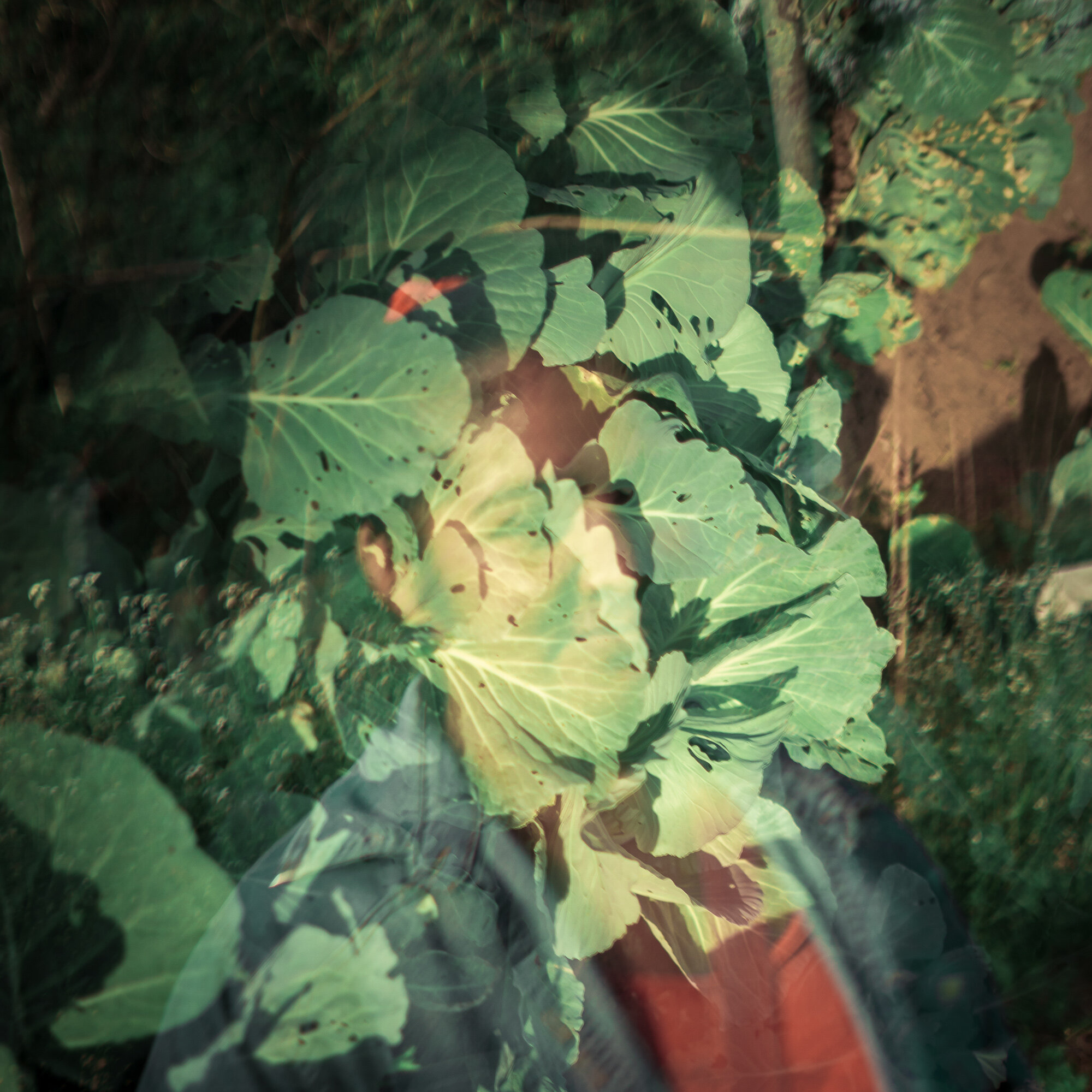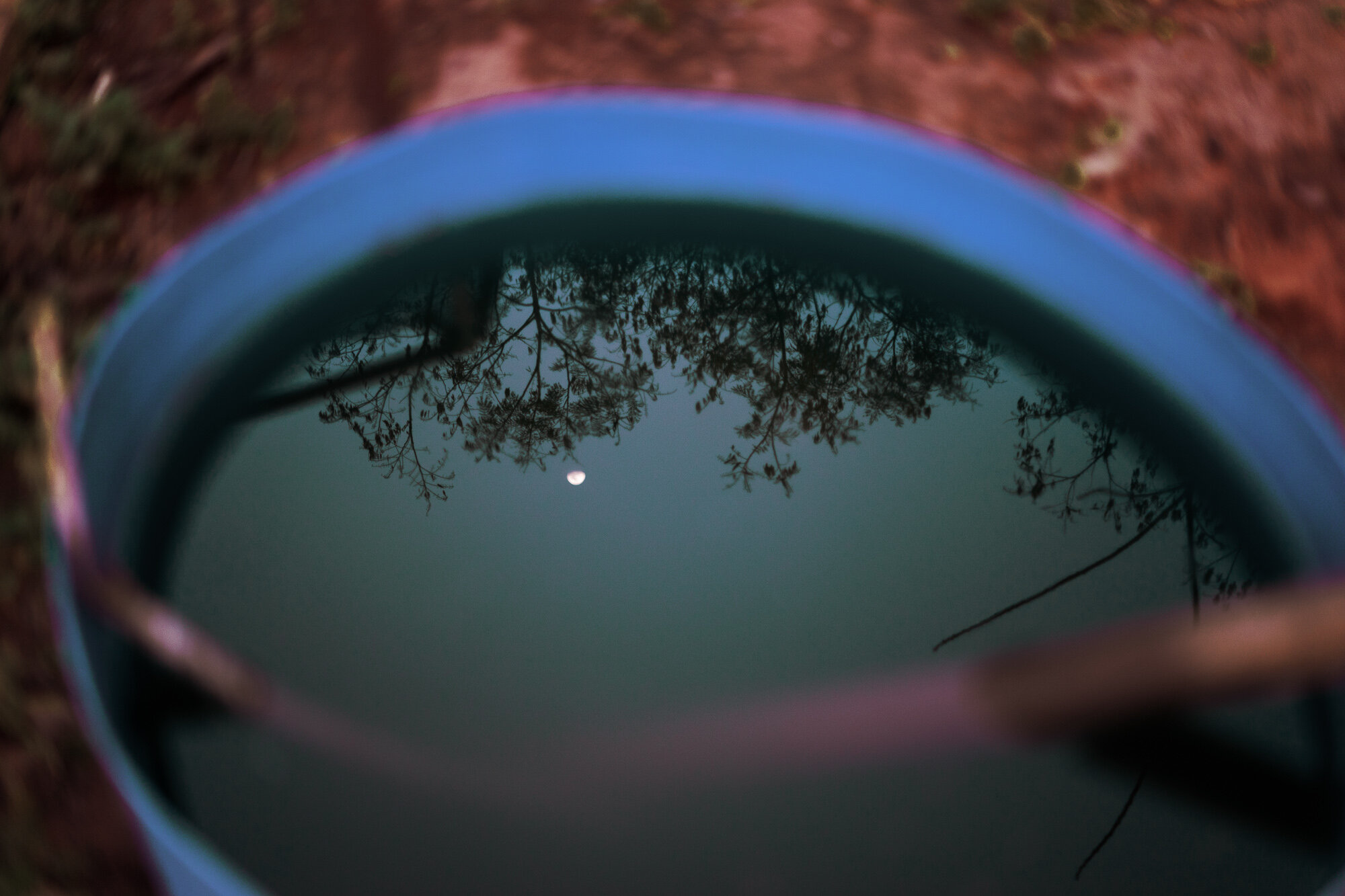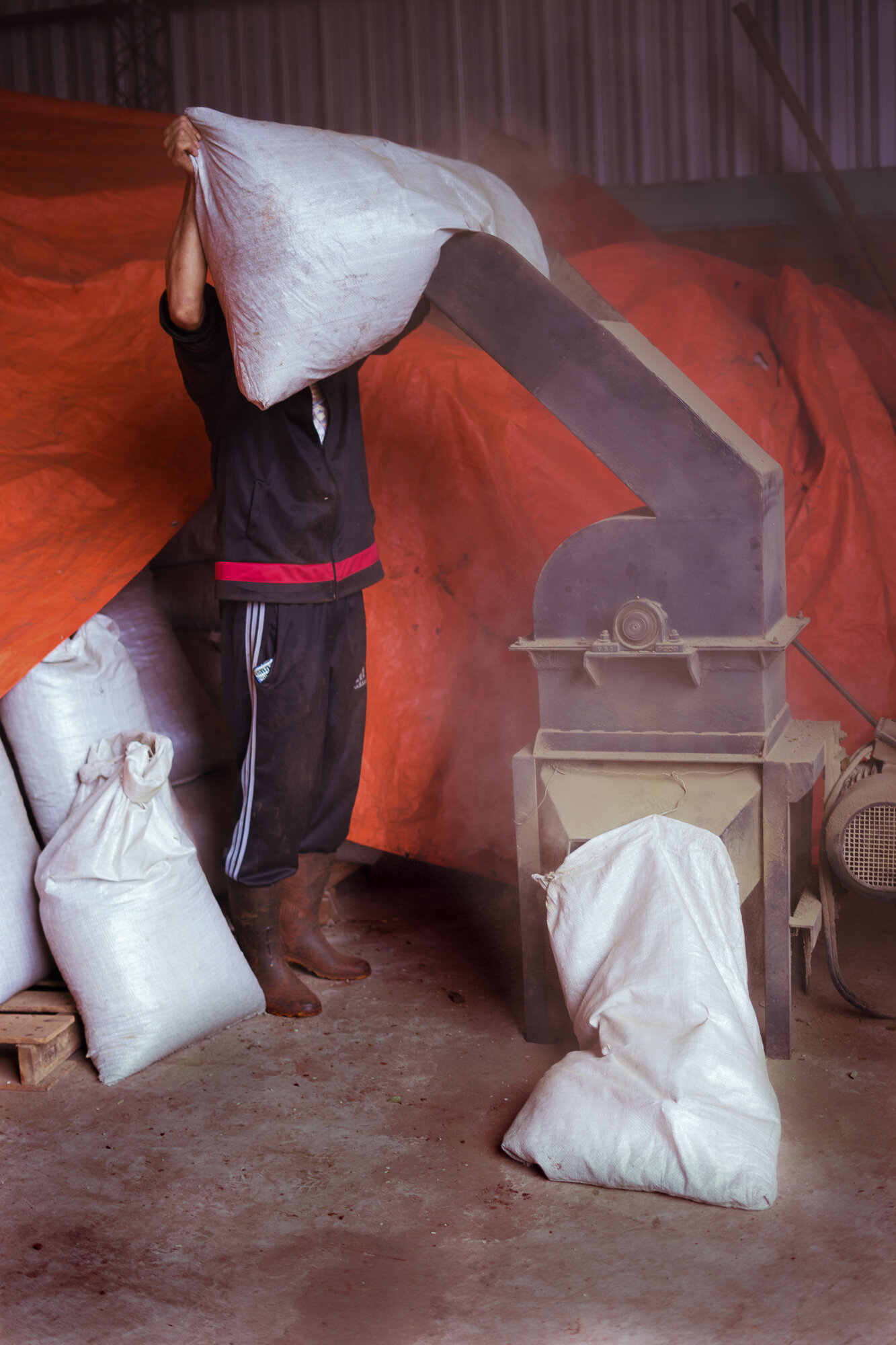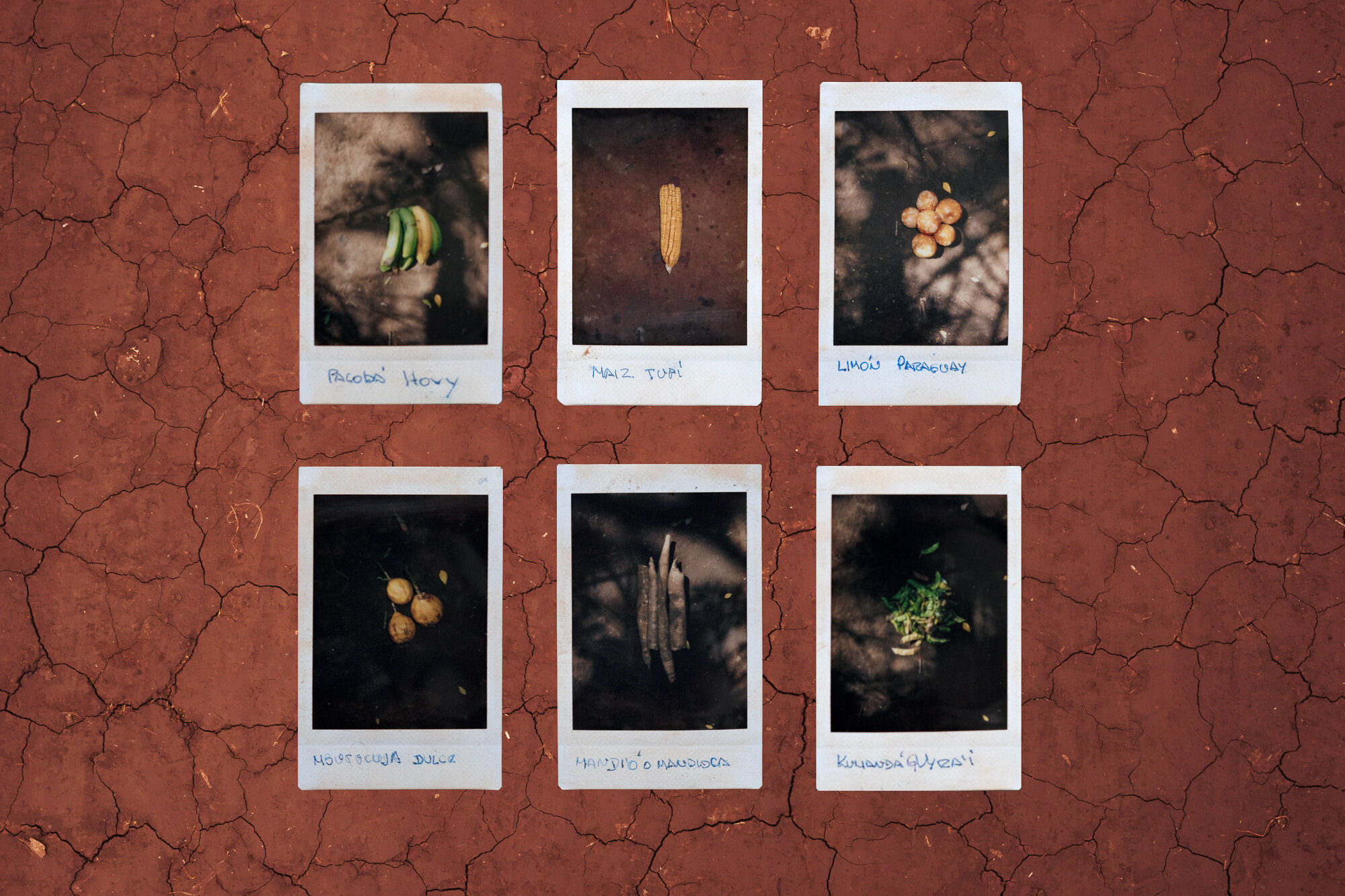Ra’yi
[EN]
Ra’yi (from the Guarani language that means seed) portrays, in a subjective and symbolic manner, women peasants who fight the inequality of agricultural business in Paraguay, one of the most most inequitable territories in Latin America with regards to land distribution: 2.5% of the wealthiest population owns 85% of the productive land. The peasants use only 6.4% of all arable land. This is not enough to supply crops for the whole country. The few who can produce have great difficulty in selling products because there are no adequate roads or transportation.
However, there are particular initiatives and social organizations that fight to resist from within: seed guards that preserve native seeds and volunteers who help empower and organize women to grow and distribute agro-ecological products in Asuncion, the country’s capital.
For me, it is fundamental to talk about this problem away from victimization, showing examples of resilience. Using various narrative tools, I wanted to make the statistics visible but also portray the deep-rooted relationship that women have with the land, the crops, the territory, their identity, the care they have and the understanding of the living cycle. Ra'yi is a tribute to those who resist and fight for a better future.
[ES]
Ra'yi (del idioma guaraní que significa semilla) retrata, de manera subjetiva y simbólica, a las campesinas que luchan contra la desigualdad deL agronegocio en Paraguay, uno de los territorios más inequitativos de América Latina con respecto a la distribución de la tierra: 2.5 El% de la población más rica posee el 85% de la tierra productiva. Los campesinos usan solo el 6.4% de toda la tierra cultivable. Esto no es suficiente para suministrar cultivos para todo el país. Los pocos que pueden producir tienen grandes dificultades para vender productos porque no hay carreteras ni transporte adecuados.
Sin embargo, existen iniciativas particulares y organizaciones sociales que luchan para resistir desde dentro: protectores de semillas que preservan semillas nativas y voluntarias que ayudan a empoderar y organizar a las mujeres para que cultiven y distribuyan productos agroecológicos en Asunción, la capital del país.
Para mí, es fundamental hablar sobre este problema lejos de la victimización, mostrando ejemplos de resiliencia. Usando varias herramientas narrativas, quería hacer visibles las estadísticas, pero también retratar la relación profundamente arraigada que las mujeres tienen con la tierra, los cultivos, el territorio, su identidad, el cuidado que tienen y la comprensión del ciclo de vida. Ra'yi es un homenaje a quienes resisten y luchan por un futuro mejor.
